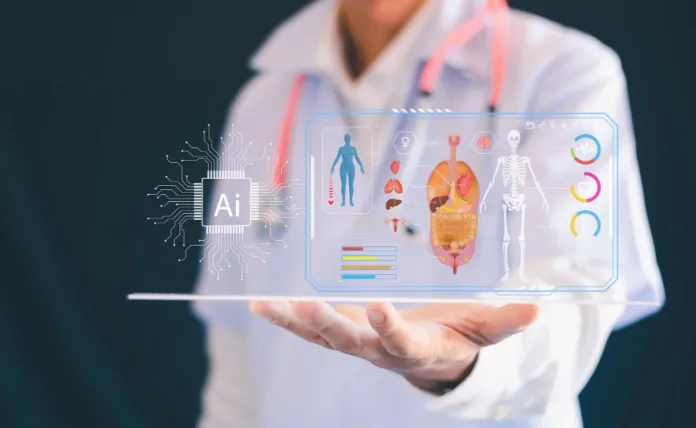Delphi-2m forecasts cancer, heart disease and more, decades before symptoms emerge
A new artificial intelligence system claims it can peer into the future of human health, predicting the likelihood of more than 1,000 diseases years before symptoms appear.
The tool, named Delphi-2M, has been unveiled by scientists at the European Molecular Biology Laboratory, the German Cancer Research Centre and the University of Copenhagen. Using techniques inspired by large language models, it analyses a person’s medical history, lifestyle choices and demographic details to generate forecasts of future illness.
At its core, Delphi-2M looks for “medical events” such as diagnoses and hospital visits, combining these with factors including age, sex, smoking, alcohol use and weight. By studying such patterns, the system claims it can calculate when an individual might develop conditions ranging from cancer and diabetes to respiratory disease and heart failure.
The scale of the data used to train the model is unprecedented. Researchers tested the tool on anonymised records from 400,000 participants in the UK Biobank and 1.9 million patients in Denmark’s national registry, producing results they say rival or surpass traditional single-disease risk calculators.
Professor Moritz Gerstung, head of AI in oncology at the German Cancer Research Centre, called it “the beginning of a new way to understand human health and disease progression.”
Unlike current models that focus on one condition, such as Qrisk for cardiovascular disease, Delphi-2M works across the entire spectrum of illness. It expresses health risks as time-based probabilities—similar to a weather forecast. For example, instead of predicting rain, the system may estimate a 40% chance of developing diabetes within ten years.
Ewan Birney, interim executive director of EMBL, said the tool could be in clinical use within a few years. He imagined a future where a patient visits their GP and receives not just one risk score but a roadmap of possible health outcomes:
“Here are four major risks in your future, and here are two things you can do to change that.”
The potential impact on healthcare is vast. By anticipating disease trajectories, clinicians could intervene earlier, tailoring advice and treatment to prevent illness rather than simply responding when it occurs. For public health systems under pressure, this predictive capacity could save billions and reshape long-term planning.
But there are deeper implications, too. If an algorithm can map an individual’s health decades ahead, who controls that information? While Delphi-2M was trained on anonymised data, concerns remain over how predictive health models might be commercialised—or weaponised—by insurers, employers or governments.
The researchers emphasise that the tool does not deliver certainties but probabilities. Much like forecasting the weather, the system offers scenarios rather than fixed outcomes. Even so, the idea of an AI telling people when they are most likely to fall ill—or even die—has sparked both fascination and unease.
For now, the team behind Delphi-2M stresses the medical opportunities. By modelling the course of illness across populations, the system can simulate “synthetic future health trajectories” up to 20 years ahead. This, they argue, will give policymakers and doctors a powerful lens on the looming burden of chronic disease.
“Generative models such as ours could one day help personalise care and anticipate healthcare needs at scale,” said Gerstung.
Whether this future leads to healthier lives or a new age of medical surveillance remains an open question. But Delphi-2M marks a dramatic step toward AI systems that don’t just treat disease—they predict it.
